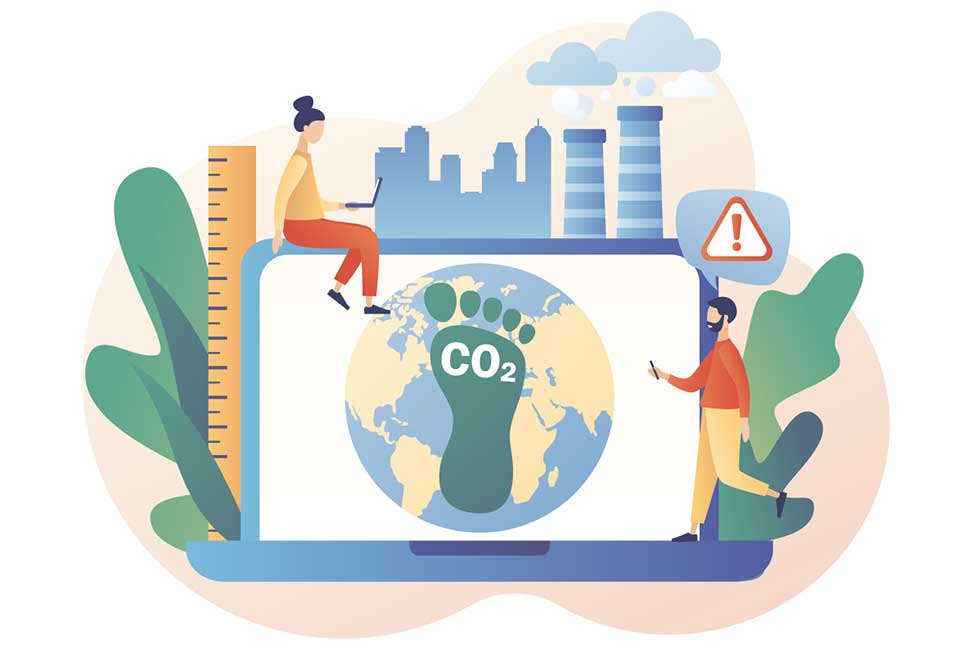
The 29th Conference on Climate Change (COP29) concluded in Baku on 24 November 2024. The countries agreed on a new collective financial target of USD 300 billion per year, to be reached by 2035.
The 29th UN Climate Change Conference ended in Baku (Azerbaijan) on 24 November 2024 under the Paris Agreement (COP29). The Paris Agreement commits all states to take concrete steps to reduce their greenhouse gas emissions from 2020 in order to limit global warming to 1.5 degrees Celsius.
Agreement reached on new collective financial target
Under the Paris Agreement, developed countries are to provide $100 billion per year for climate action in developing countries by 2025. At COP29, a new collective financial target for the post-2025 period was agreed. Countries agreed on a new financial target of $300 billion per year, to be reached by 2035. This will boost investment in climate action and support the poorest countries in particular. According to the Federal Office for the Environment FOEN, it is a success that the circle of donor countries has been expanded and that wealthy emerging economies with high emissions are also contributing to the financial target.
Tough market rules for climate protection projects adopted
According to the FOEN, more stringent implementation regulations for the global market mechanism were adopted at COP29. Under this mechanism, countries under the Paris Agreement can implement climate protection projects abroad and have the achieved emission reductions counted towards their national climate target. Switzerland welcomes this decision. It has worked towards such rules that prevent the double counting of achieved emission reductions and establish an effective market for emission reductions.
Recommendations for new climate targets are inadequate
Finally, COP29 should prepare countries’ new climate targets for the period up to 2035. Switzerland has worked to ensure that these climate targets incorporate specific recommendations from last year’s climate conference, such as expanding renewables and energy efficiency, and shifting away from fossil fuels by 2050. But countries have not been able to agree on concrete steps to support implementation. Switzerland will continue to push for all countries to submit climate targets that keep the 1.5°C target within reach. It will submit its climate target in spring 2025.
Switzerland should redouble its domestic decarbonization efforts
Greenpeace International is disappointed by COP29, especially in the area of emissions reductions and the phase-out of fossil fuels. «Switzerland must definitely increase its efforts in terms of climate protection and abandon fossil fuels. The publication of the nationally determined contributions for 2035 now plays a decisive role in getting climate protection back on track», explains Nathan Solothurnmann, climate and energy expert at Greenpeace Switzerland. And he adds: «Switzerland must redouble its domestic decarbonization efforts and make a rapid transition away from fossil fuels.»
Many are plying their hopes on COP30
The organization Fasting Action, which took part in the negotiations in Baku with a delegation, is also disappointed with the outcome of the World Climate Conference. It stands up for the poorest people. It criticizes the fact that although the clock is ticking, the international community has not been able to reach an adequate target for climate finance at COP29. «This particularly affects the countries of the Global South, which are particularly hard hit by global warming, even though they have contributed the least to past emissions», it says. What remains for the organization besides the great disillusionment is the inspiring and persistent work of the fasting action partner organizations at the World Climate Conference and the hope for COP30 next year in Brazil.